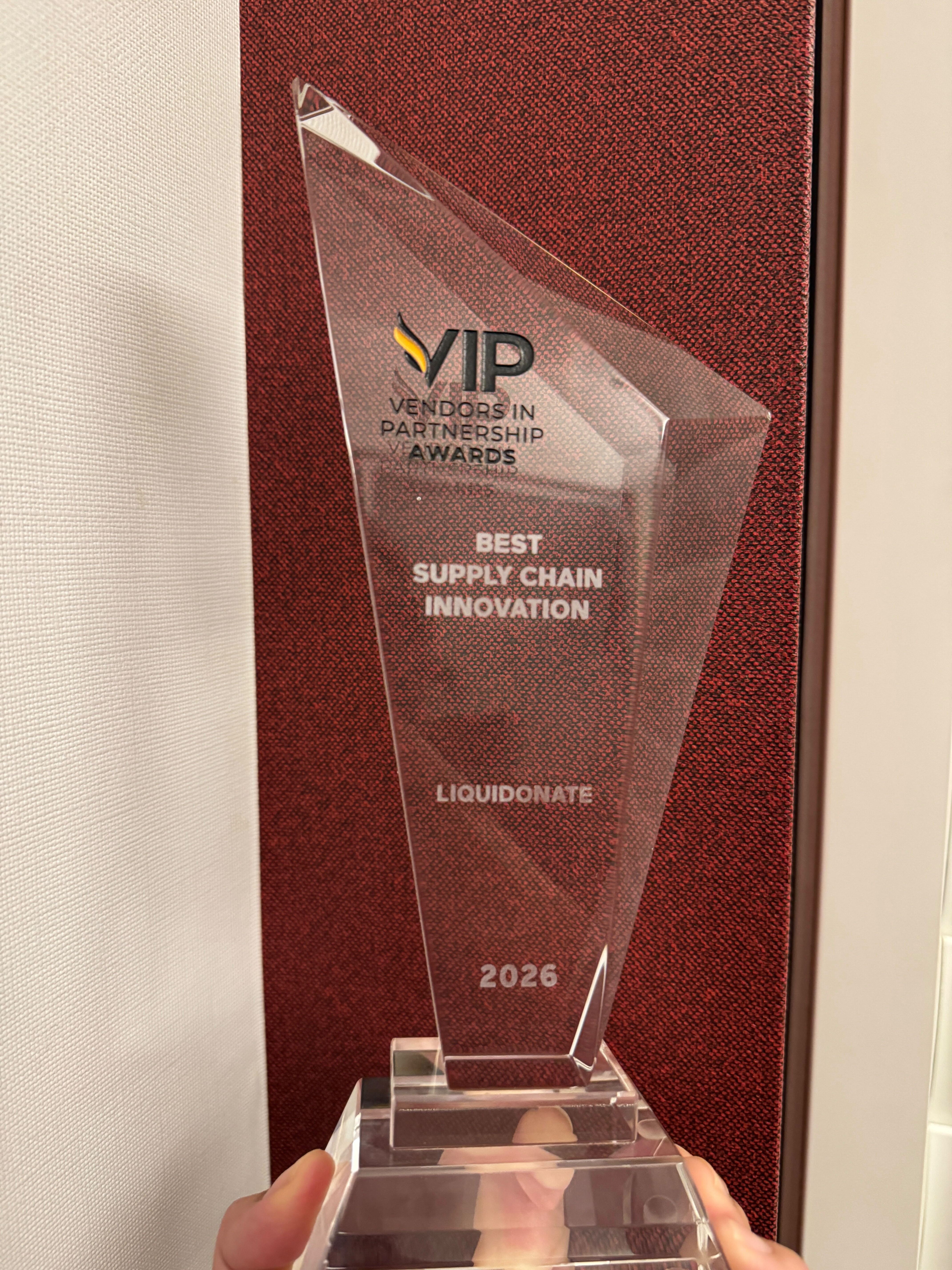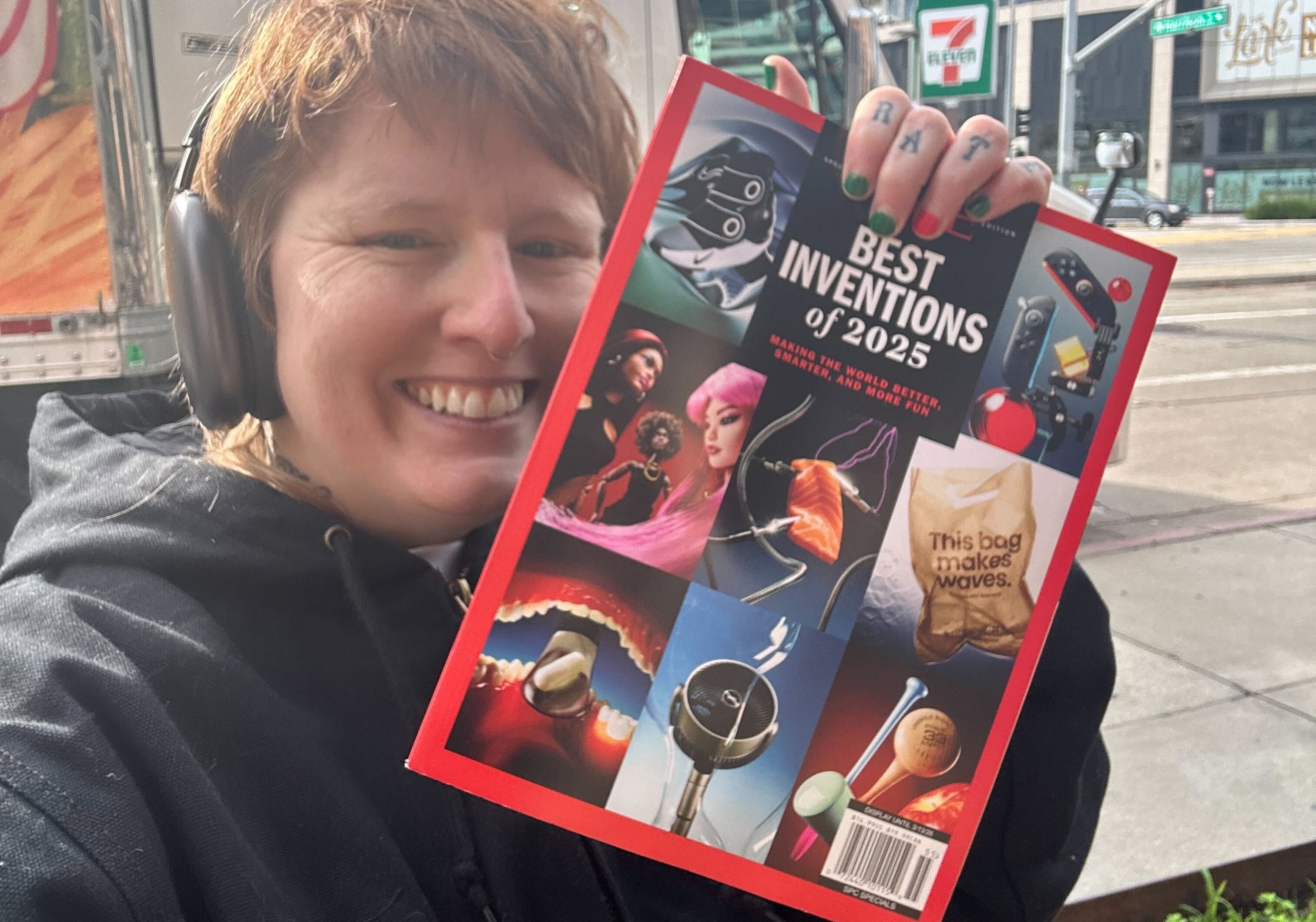


I spoke at the Sustainability Leaders Summit at The New School and Parsons. The audience was a mix of students, faculty, and community members.
The night kicked off with a keynote from Kering, laying out the very real sustainability pressures luxury brands are facing:
- Nature and climate interdependency – protecting raw materials means investing in regeneration.
- Investor scrutiny – ESG ratings are now a baseline for credibility.
- Well-informed consumers – Gen Z and Millennials expect responsibility, not just marketing.
- NGO pressure – dialogue and accountability are now expected.
- Tightening regulation – compliance requires being proactive, not reactive.
Listening to this, I kept thinking how these forces apply far beyond luxury. They’re reshaping every industry, and for entrepreneurs, they’re not barriers—they’re openings to build something new.
On the second panel of the evening, I joined the conversation around entrepreneurship. We talked about the importance of staying focused on your “why,” holding onto your beliefs even when it’s hard, and knowing when to say no to things that aren’t scalable. Sometimes survival as a startup means passing on opportunities that don’t move you closer to long-term impact, even if they look tempting in the short run.
The event also highlighted real progress from companies like Ralph Lauren, which is making measurable moves through its Timeless by Design strategy:
- Cutting greenhouse-gas emissions by 33% since FY20.
- Reducing water use by 26% and diverting 94% of waste from landfill and incineration.
- Rolling out a Carbon Leadership Program across nearly half of its core fabric facilities, targeting a 63% emissions cut and big water savings by 2030.
- Creating products like the 100% recycled cotton polo for the Paris Olympics and Cradle-to-Cradle® Certified denim and cashmere.
Seeing that kind of action is proof that sustainability can be integrated into core strategy without losing sight of creativity or financial performance.
I left the summit thinking about how much of this comes back to the same point: sustainability isn’t something one founder or one company can solve alone. It’s about collaboration, staying true to your mission, and having the patience to build something that lasts.




.jpg)




